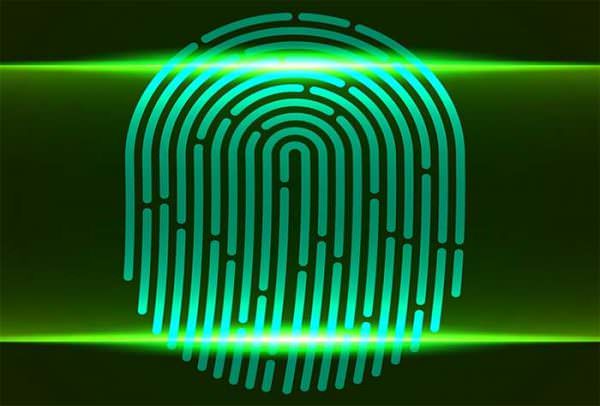Opinion

Fayetteville, AR – -(AmmoLand.com)- I have at various times been accused of being a Luddite or a technophobe, and at times, I’ve been guilty of both. I resisted getting a cell phone for years, and I’ve turned off the sassing features (shut up, Siri) to refrain from throwing the thing out the window. Computers are my constant enemy, and this is because the people who program them don’t think the way the rest of us do.
But the reality is that human beings are tool users, a characteristic that we inherited as members of the hominins. As a species, we are not particularly gifted in strength or resilience. Our advantage is a brain capable of devising tools to manipulate our environments. As Archimedes is supposed to have said, give us a lever and a place to stand, and we can move the world. Or we can launch ourselves beyond it, as the fiftieth anniversary of the Apollo 11 mission reminds us.
With all the electrons that I expend on the subject of human rights, I have concluded that while the said rights are inherent, fulfilling their promise is something that technology makes possible.
Through most of human history, most people spent their days in physical labor that was only productive enough to allow the population to get just a little past mere survival. A few humans got a bit more, and we call them the clergy or the nobility. Many women died in childbirth, and muscle power for swinging a blade or blunt object was often the metric for political power. The abomination of slavery was codified into law at least as far back as the Code of Hammurabi, and though the better thinkers who discussed it expressed regret about its existence and desire to mitigate its harshness, the institution persisted because there were no machines capable of performing equivalent work.

By contrast, we are moving rapidly toward a post-scarcity society in which machines will produce everything needed cheaply, and futurists anticipate a social shift in which the occupation of human beings will be personal and cultural fulfillment. If that sounds like flying baked goods, consider the fact that more and more jobs involve pushing buttons and monitoring screens, rather than feats of brawn, making women and men equally able to perform them. The shift from primarily manual to intellectual labor that technology has allowed opens up whole new worlds of opportunity, and the grinding servitude of many jobs of the past is less and less necessary, even if we can talk our consciences into accepting it.
And weapons have been a part of this. From the time illustrated by Kubrick’s apes in 2001: A Space Odyssey to the invention of firearms, people with physical strength and the time to train it had an advantage in fights. Aristocracies supported by hired warriors could dominate a large population. But when a peasant could learn in a few hours the use of a weapon that made plate armor obsolete, the easy rule of the few over the many was no longer inevitable.
This is not to imply that technology guarantees the exercise of rights. The proliferation of cameras and of devices like Amazon’s Alexa pose a threat to the future of privacy. So-called smart guns create the potential for hackers, working for the government or otherwise, to turn off firearms when they are inconvenient to someone other than the owner. And it’s reasonable to ask why many devices—the connected coffee pot, for example—ought to be a part of the Internet of Things.
As with firearms in particular, technology, in general, is neither good nor bad in itself. It’s up to the user to determine the moral character of the object. What technology does is allow us to transform rights from theory into practice, expanding the scope of what is possible.
About Greg Camp
Greg Camp has taught English composition and literature since 1998 and is the author of six books, including a western, The Willing Spirit, and Each One, Teach One, with Ranjit Singh on gun politics in America. His books can be found on Amazon. He tweets @gregcampnc.
